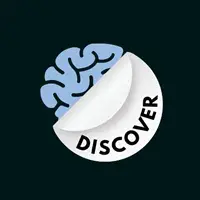This project is setting up studies to test how best to manage CCD. We are also checking whether these studies are practical.
One challenge in studying treatments for CCD is finding enough people with the condition at a reasonable cost. Since the effects of treatments may be small, studies need a large number of participants. However, using special brain scans just for research is expensive, and the results may not apply to all patients with CCD. A better option could be using brain scans already taken in routine medical care.
The problem is that checking thousands of brain scan reports by hand takes a lot of time and money. Fully automated scanning of brain images is not possible yet, but we can use computer programs to read and analyse text from brain scan reports. These programs, called natural language processing (NLP) algorithms, can quickly review large numbers of reports and identify signs of CCD. We have already developed NLP tools to detect CCD in brain scan reports in NHS Scotland. Our research has shown that these tools can successfully identify certain brain conditions linked to CCD and predict outcomes based on medical records.
With this project, we will work with a group of people with CCD to study how many are willing to participate, how often health events occur, and how many participants we would need for a larger study testing treatments to improve their health.

